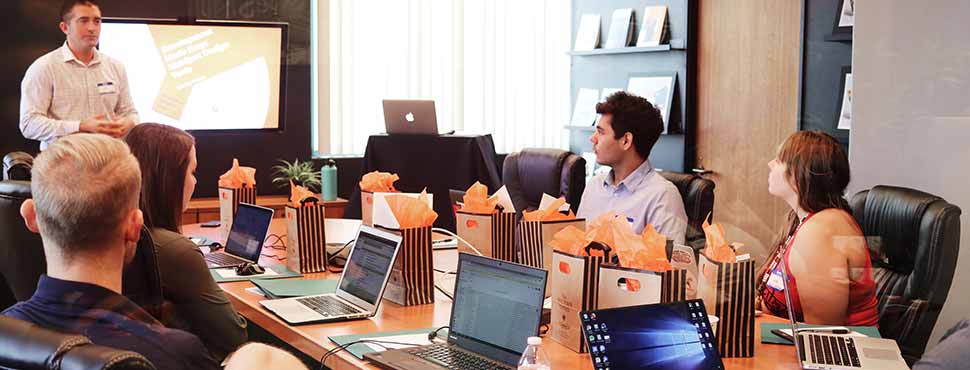Having employees shadow colleagues from other teams can help them understand the value of other parts of the business, says Samantha Saunders
Airports are like small towns, but small towns with one main purpose: to welcome passengers and their baggage and get them attended to and on to their destination as quickly, safely and enjoyably as possible.
Heathrow, the world’s second busiest airport by international passenger numbers, saw 75 million travellers pass through its terminals last year. On average, it deals with around 220,000 passengers a day, who are assisted by more than 76,000 staff.
While many of those staff are vital but invisible to passengers, thousands have day-to-day contact with the general public, in all its moods. As someone who has worked in the airport industry for 35 years, I have seen my fair share of emotion – happy reunions, sad departures, anger and frustration at delays, and the stress that many have about flying.
At OmniServ we deliver a wide range of people-facing services for airports and airlines. At Heathrow, we are responsible for delivering assistance services to the 1.8 million passengers who have some form of disability – passengers with reduced mobility (PRM).
It’s important to recognise just how important and challenging their job can be. Our PRM support staff are on the customer service front-line every day and likely spend more one-on-one time with a customer than any other airport or airline employee.
They are true brand ambassadors. But, time and again I hear our PRM teams referred to as ‘wheelchair pushers’ – completely ignoring the extensive training they go through, not to mention the kindness and empathy that they overwhelmingly show to the people in their care.
To help our entire team understand the importance of this role, we sometimes have them shadow a member of the PRM team. The feedback from our security staff who have gone through this cross-training has included: ‘I feel that I’ve made a real difference today’ and: ‘I will fundamentally do my job differently now.’
The type of close role shadowing we have offered is known as horizontal cross-training. When staff contributing to an eco-system (such as an airport) better understand what each other does, they feel a greater commitment to the bigger picture, are more likely to stay with the company longer and can provide even better customer service.
Passengers, much like customers in a large department store, don’t necessarily understand that all staff they encounter under one roof work on different teams or for different organisations. If they ask any member of staff for help and they are met with a positive response, their experience is improved and they feel cared for. Cross-training helps create this holistic experience.
Cross-training has also significantly improved staff morale and helped counteract the ‘silo’ effect that large organisations can fall prey to. This boosts our industry as a whole. I would urge all organisations to look at the positive impact that offering a cross-training staff programme could have on their service users, employees and their industry. I’m sure you’ll find it’s a win-win situation.
By Samantha Saunders, Head of Innovation and Regulatory Compliance at OmniServ
Originally published People Management | 24 July 2019

